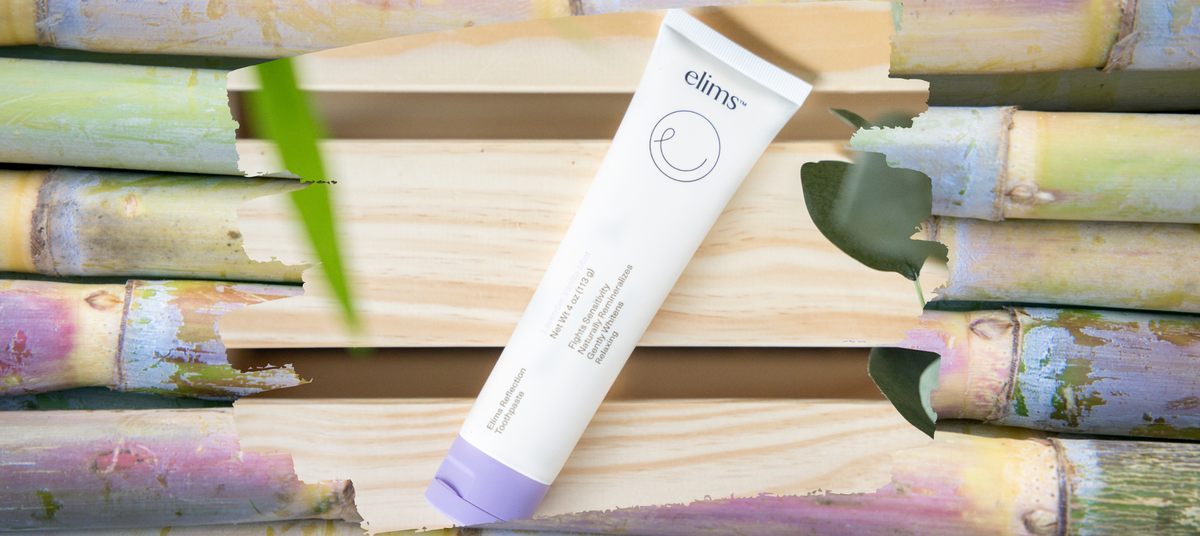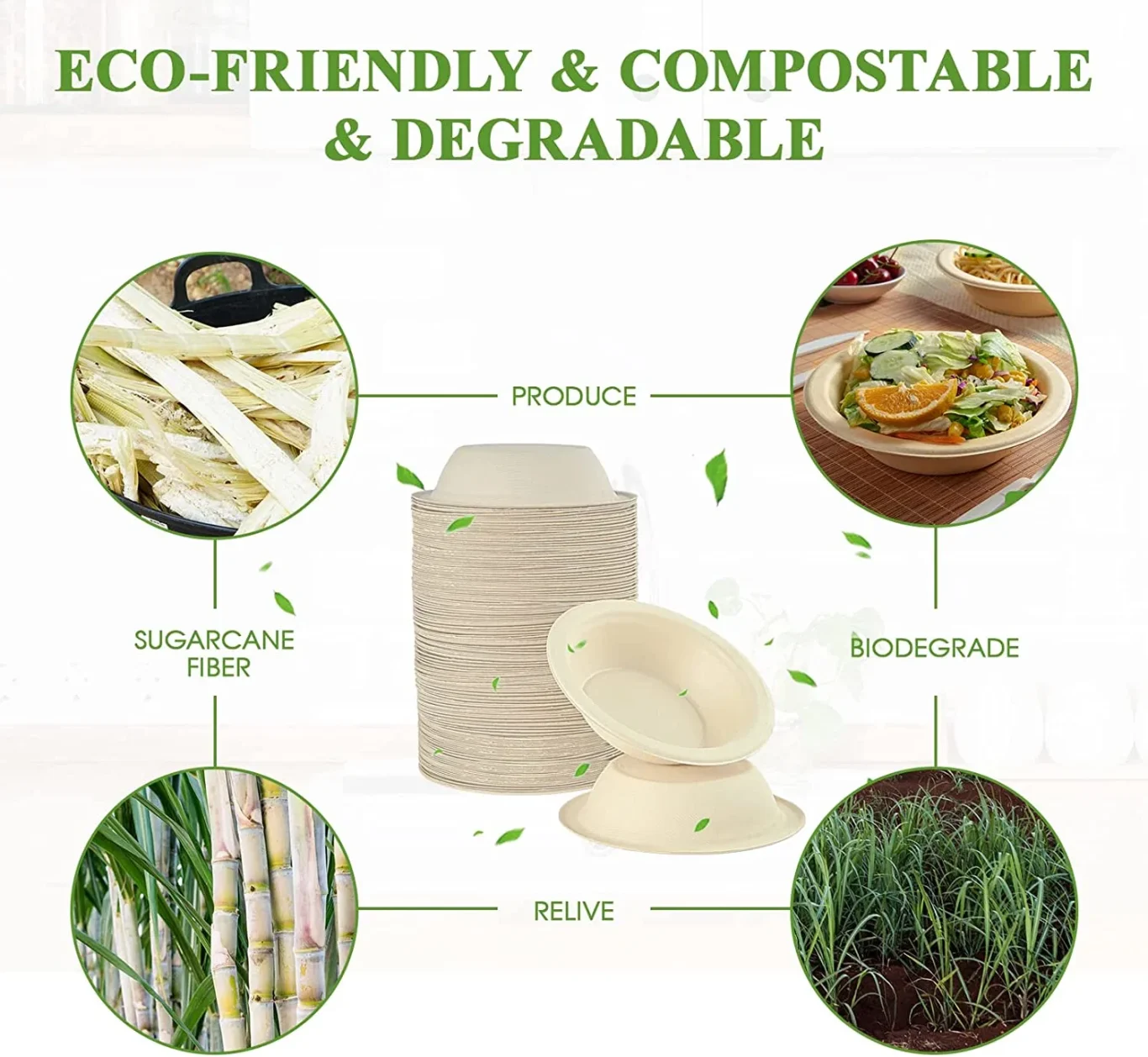The Growing Popularity of Sugarcane Product in the Cruelty-Free and Cruelty-Free Markets
The Growing Popularity of Sugarcane Product in the Cruelty-Free and Cruelty-Free Markets
Blog Article
Sustainable Sugarcane Products: From Sweeteners to Eco-Friendly Goods
The possibility of sustainable sugarcane products prolongs beyond conventional sweeteners to incorporate a range of environment-friendly items, offering a compelling instance for their integration right into modern-day customer methods. As the world grapples with pushing environmental issues, sugarcane emerges as a versatile source qualified of resolving both nutritional demands and sustainability objectives.
Review of Sugarcane Sustainability
As the need for environmentally friendly products grows, understanding sugarcane sustainability ends up being progressively essential. Sugarcane, a functional plant, is cultivated mostly in exotic and subtropical areas, and its sustainability is essential for both ecological health and wellness and financial practicality. Lasting sugarcane farming techniques focus on lessening environmental impact while maximizing productivity and productivity.
Key elements of sugarcane sustainability consist of reliable land usage, minimized chemical input, and enhanced water monitoring. Practices such as plant turning, integrated insect administration, and organic fertilization contribute to dirt health and wellness and biodiversity. In addition, cutting-edge technologies, such as precision farming, help enhance source usage and minimize waste.
Moreover, sugarcane is an eco-friendly resource, with by-products that can be utilized in various sectors, from biofuels to biodegradable plastics, consequently lowering reliance on fossil gas and decreasing carbon impacts. Qualifications like the Bonsucro standard urge lasting practices across the supply chain, promoting transparency and liability.

Sugarcane-Based Sweeteners
Utilizing sugarcane as a key resource, sugarcane-based sweeteners have acquired prestige as natural options to refined sugars and sweetening agents (sugarcane product). These sugar, acquired from the extraction and processing of sugarcane juice, use a series of items that accommodate varied customer preferences, consisting of organic and minimally refined options
Raw walking cane sugar keeps even more of the natural tastes and nutrients found in sugarcane, making it a favored choice for health-conscious customers. Panela, a standard Latin American sweetener, is generated by evaporating sugarcane juice, preserving its all-natural minerals and vitamins.
The expanding need for sugarcane-based sugar is driven by raising understanding of wellness and sustainability concerns connected with standard sugar. By selecting sugarcane-derived items, consumers not only support lasting agricultural practices yet also add to a healthier lifestyle, aligning their nutritional selections with their environmental worths.
Eco-friendly Packaging Solutions
Arising as a practical choice to traditional plastics, naturally degradable packaging remedies stemmed from sugarcane are transforming the packaging industry. These cutting-edge products give an eco-friendly choice that deals with the growing issues over plastic air pollution. Making use of the natural sugars discovered in sugarcane, suppliers are creating various forms of naturally degradable packaging, consisting of films, containers, and wraps that decompose a lot more rapidly than standard plastics.
The primary advantages of sugarcane-based product packaging depend on its renewable sourcing and its ability to break down into safe results. Unlike fossil fuel-derived plastics, which can continue the atmosphere for hundreds of years, sugarcane product packaging commonly decays within a few months under appropriate conditions. This decrease in waste not only reduces landfill overflow but also decreases the carbon impact connected with packaging products.
Moreover, sugarcane-derived packaging maintains robust performance characteristics, supplying equivalent sturdiness and functionality to conventional alternatives. As organizations and consumers progressively prioritize sustainability, the adoption of naturally degradable packaging services stands for a significant action in the direction of a round economic climate, where materials are reused and regenerated rather than discarded. This change not just improves brand photo however additionally contributes to a more lasting future for the world.
Eco-Friendly Textiles and Fabrics
Eco-friendly fabrics and materials are getting grip in the style and home pop over to this web-site products industries as customers progressively demand sustainable options to standard products. Among the noteworthy options are fabrics stemmed from sugarcane, which provide an eco liable choice to synthetic fibers. These fabrics are produced with a process see this that uses the renewable energies found in sugarcane, considerably decreasing dependence on petroleum-based products.

As the market for lasting fabrics broadens, customers can look forward to innovative styles that combine style with environmental duty. Inevitably, green textiles and textiles represent a considerable step towards reducing the style sector's ecological footprint while providing to the growing need for responsible customer options.
Technologies in Sustainable Farming
Changing farming practices, developments in sustainable farming are transforming the way plants are grown and taken care of. These advancements concentrate on decreasing environmental impact while maximizing efficiency and performance. Methods such as accuracy farming use data analytics and satellite imagery to maximize source use, ensuring that water, fertilizers, and pesticides are applied just where required. This targeted approach not just decreases waste yet likewise enhances plant yields.

Furthermore, agroecology, which incorporates ecological principles into farming, advertises biodiversity and dirt health. Practices such as plant turning, cover chopping, and see it here intercropping foster resilient communities that can endure parasites and environment variants - sugarcane product. Additionally, using organic plant foods and biopesticides adds to much healthier dirts and environments

Together, these technologies are not only improving the agricultural landscape however likewise adding to an extra sustainable future for sugarcane and other crops, straightening agricultural exercise with ecological stewardship.
Conclusion
Sustainable sugarcane items stand for a substantial development in eco-friendly alternatives, spanning from natural sweeteners to eco-friendly items. As customer choices increasingly lean towards sustainable options, the convenience of sugarcane as an eco-friendly resource becomes significantly pertinent.
The potential of lasting sugarcane products prolongs beyond conventional sugar to encompass a range of green goods, providing a compelling case for their assimilation right into contemporary consumer practices. Sustainable sugarcane farming methods focus on minimizing eco-friendly influence while making best use of efficiency and productivity.
Sustainable sugarcane products stand for a considerable innovation in eco-friendly options, spanning from all-natural sweeteners to biodegradable products. The cultivation of sugarcane via lasting techniques not only improves environmental wellness yet additionally contributes to financial stability. As consumer choices progressively lean in the direction of sustainable alternatives, the flexibility of sugarcane as a renewable resource becomes increasingly pertinent.
Report this page